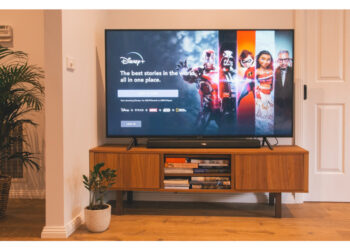For most Americans who suffer from hearing loss, hearing aids are usually the best option to correct untreated hearing loss and get back to a high quality of life.
Hearing aids are tiny electronic devices that can be customized to address different types of hearing problems. Every digital hearing aid contains at least one microphone to pick up sound, a computer chip to amplify and process sound, a speaker to send the signal to your ear, and a battery for power. More recent, sophisticated models provide additional features like a direct connection to a smartphone or even rechargeable batteries.
Hearing aids are usually recommended if your hearing test results show significant hearing loss across several pitches or frequencies. You can buy hearing aids at hearing and audiology clinics across the country, as well as online.
There are two classifications of hearing aids:
– In-the-ear (ITE) styles and
– Behind-the-ear (BTE) styles
Within these groups, there are many hearing aid types and styles available to you with sizes ranging from virtually invisible to filling the entire bowl of the ear. Your hearing care professional will be a valuable asset in helping you pick out the best style for you.
Once your hearing healthcare professional recommends a hearing aid for you, a number of factors will be taken into consideration when selecting and fitting a device. The best fit for you won’t only depend on the severity and type of hearing loss that you have, but also your budget, cosmetic preferences, career requirements, and other concerns.
While the effects of your hearing aids will be instantaneous, your new aids may take some time to get used to. Hearing healthcare professionals always perform an initial fitting where they fine-tune any special features and adjust noise levels to ensure you get the most benefit from your devices. It is also important to note there is an adjustment period when wearing new aids, and it takes a bit of time to get used to new hearing aids, even if you’ve worn a similar type of hearing aid for many years.
Since hearing aids are described as tiny computers for your ears, the sophisticated technology and miniature size can push prices from less than $1,000 to as much as $4,000+ per ear to get the best technology, so make your choice carefully.















